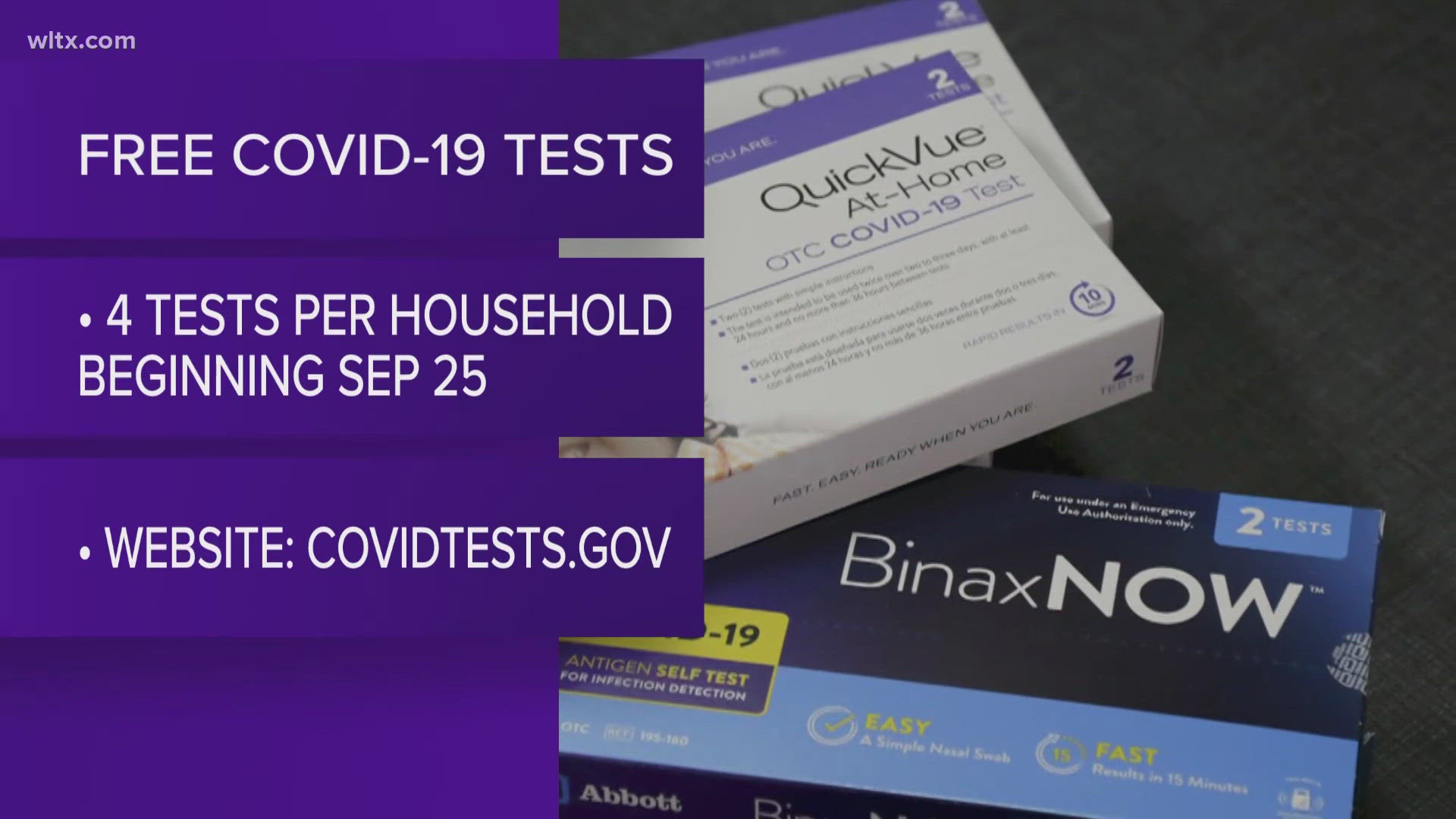NEW YORK — When should you get your flu shot?
Flu season typically starts in December and peaks in February, so the "optimal time" to get vaccinated is heading into the season, Dr. Céline Gounder, CBS News medical contributor and editor-at-large for public health at KFF Health News, said on "CBS Mornings" Monday.
"Before Thanksgiving, say mid-November, you want to get your flu shot, your COVID shot. But that said, whenever you can get it done, you should get it done, even if it's a bit earlier than that," Gounder said.
Holding off until a bit before the holiday is helpful because it takes about 2 weeks for protection to develop after vaccination.
Those among the most at risk for flu complications include:
- Children —"In particular, kids under the age of 5 are at risk," Gounder said.
- Adults 65 and older
- Pregnant women — "a group that's often forgotten about," Gounder said.
- People with underlying medical conditions such as diabetes, heart disease and asthma
- People who are immunocompromised
During the 2023-24 flu season, the CDC reported nearly 200 children died, most of whom were eligible for a vaccine but did not receive one. Federal officials are warning that a drop in vaccinations may have led to this increase in pediatric flu deaths.
"Unfortunately, coming out of the COVID pandemic, we have seen a rise in vaccine skepticism, people less willing to get vaccinated, and as we've seen with the pediatric flu vaccines, that has led to increased hospitalizations as well as, unfortunately, some deaths," Gounder said.
FluMist vaccine vs. flu shot
The FluMist vaccine, manufactured by AstraZeneca, was approved in 2003 for health care providers to give patients, but the method has gotten renewed attention due to a new, broader approval.
On Friday, the Food and Drug Administration announced it broadened the approval of the FluMist nasal spray to become the first "self-administered" influenza vaccine. The vaccine will not be available to ship to homes until next year's flu season at the earliest, however.
If you're debating between getting the shot or spray, Gounder said FluMist is "not as effective as the shots that you can get."
"The shots historically range from 20 to 60% effective, depending on how good the match is — that's still pretty good," she said. "The FluMist is maybe around 25% effective in preventing severe disease, but for people who just can't be bothered to go in and get a flu shot, who really hate needles, it does give you an option to at least reduce your risk a little."
There are also some limits to who FluMist is recommended for. Since it uses a live but weakened version of the virus, some patients, like pregnant people or those who are severely immunocompromised, should not get this vaccine.
Alexander Tin contributed to this report.



